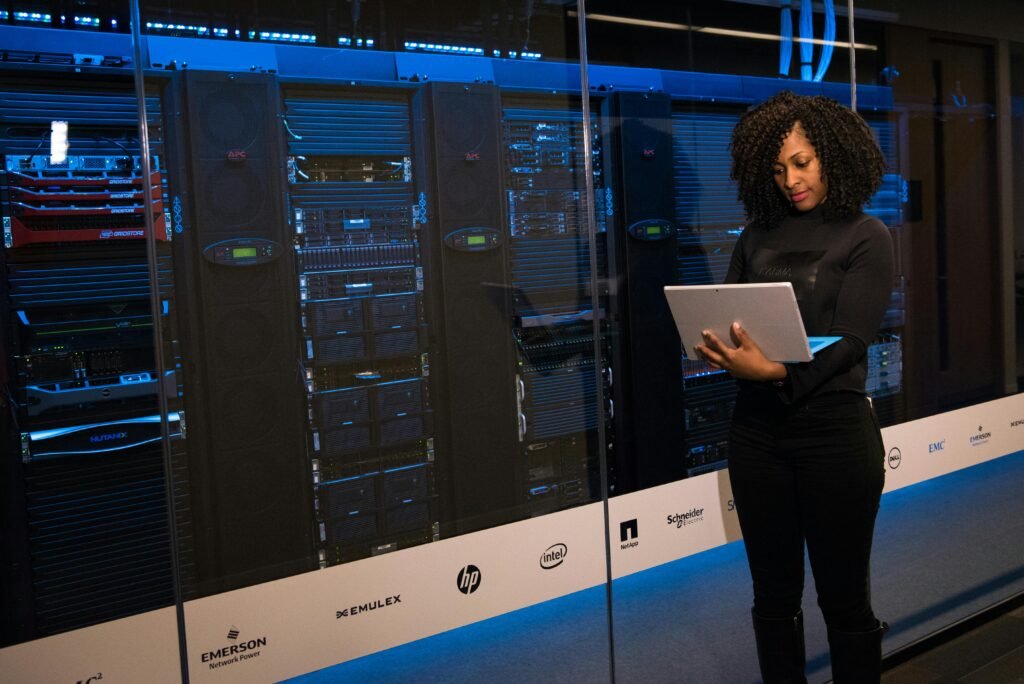How Big is Your Data? An Important AI Question.

In the ever-evolving landscape of artificial intelligence, there’s a tidal wave of data growing to unprecedented proportions. Today, we embark on a journey deep into the heart of AI datasets, unveiling the staggering statistics, real-world examples, and the relentless pursuit of computational power.
Let’s begin with a mind-boggling statistic: in 2023, humanity generated an astounding 180 zettabytes of data. To put this in perspective, if each byte of data were a single grain of sand, you could fill a billion Olympic-sized swimming pools with it. This data deluge is akin to streaming the entire Netflix library for over 10 million years non-stop. It’s this immense data stream that powers the AI revolution.
The Grandeur of AI Datasets
Present-Day Realities
Leading the charge in AI research and development, tech titans like Google, Facebook, and Microsoft are venturing into uncharted territory. Consider OpenAI’s GPT-4, the latest marvel in AI. Its training dataset boasts an awe-inspiring 15 trillion words, meticulously curated from the vast expanse of the internet. To grasp the magnitude, imagine stacking books filled with this text, and it would reach from Earth to the Moon and back—twice!
Why such colossal datasets? AI models thrive on exposure to a diverse range of human experiences and knowledge. Achieving this requires scouring the web for text, images, videos, and more while maintaining impeccable data quality.
Dealing with datasets of such magnitude necessitates computing power that transcends conventional Central Processing Units (CPUs). To meet this challenge, the industry is turning to Graphics Processing Units (GPUs) and specialized AI hardware, with the NVIDIA A100 standing as a prime example.
The Future Beckons: Exponential Growth and Quantum Horizons
Looking forward, we anticipate exponential growth in AI datasets. Models like GPT-5 are projected to grapple with a mind-boggling 100 trillion words or more. This surge in scale promises to empower AI with unprecedented understanding and interaction capabilities.
But the true game-changer lies on the horizon: quantum computing. Powerhouses like IBM, Google, and Honeywell are advancing the utilization of quantum processors at an astonishing pace. Once quantum computing becomes mainstream, the processing speed applied to AI datasets will defy current comprehension.
Let’s ground these numbers in real-world scenarios. Imagine a medical AI diagnosing diseases with an encyclopedic knowledge of medical literature and patient records. Picture a self-driving car navigating complex urban environments by drawing upon a vast reservoir of real-time sensor data. These are just glimpses of what massive AI datasets enable.
The Intersection of Society and Technology
Amidst this surge in AI dataset size and computational might, ethical concerns about privacy are growing. Striking the right balance between innovation and safeguarding sensitive information is paramount. Organizations must take proactive measures to protect privacy rights while harnessing AI’s transformative potential for the betterment of society.
We stand on the cusp of an era defined by colossal AI datasets and mind-bending computational power. From GPT-4’s 15 trillion-word dataset to the impending era of quantum supremacy, we are witnessing a technological revolution that will redefine our future. As we embark on this exhilarating journey, it is crucial to remember that the responsible and ethical use of AI will guide the course of humanity’s destiny.


















